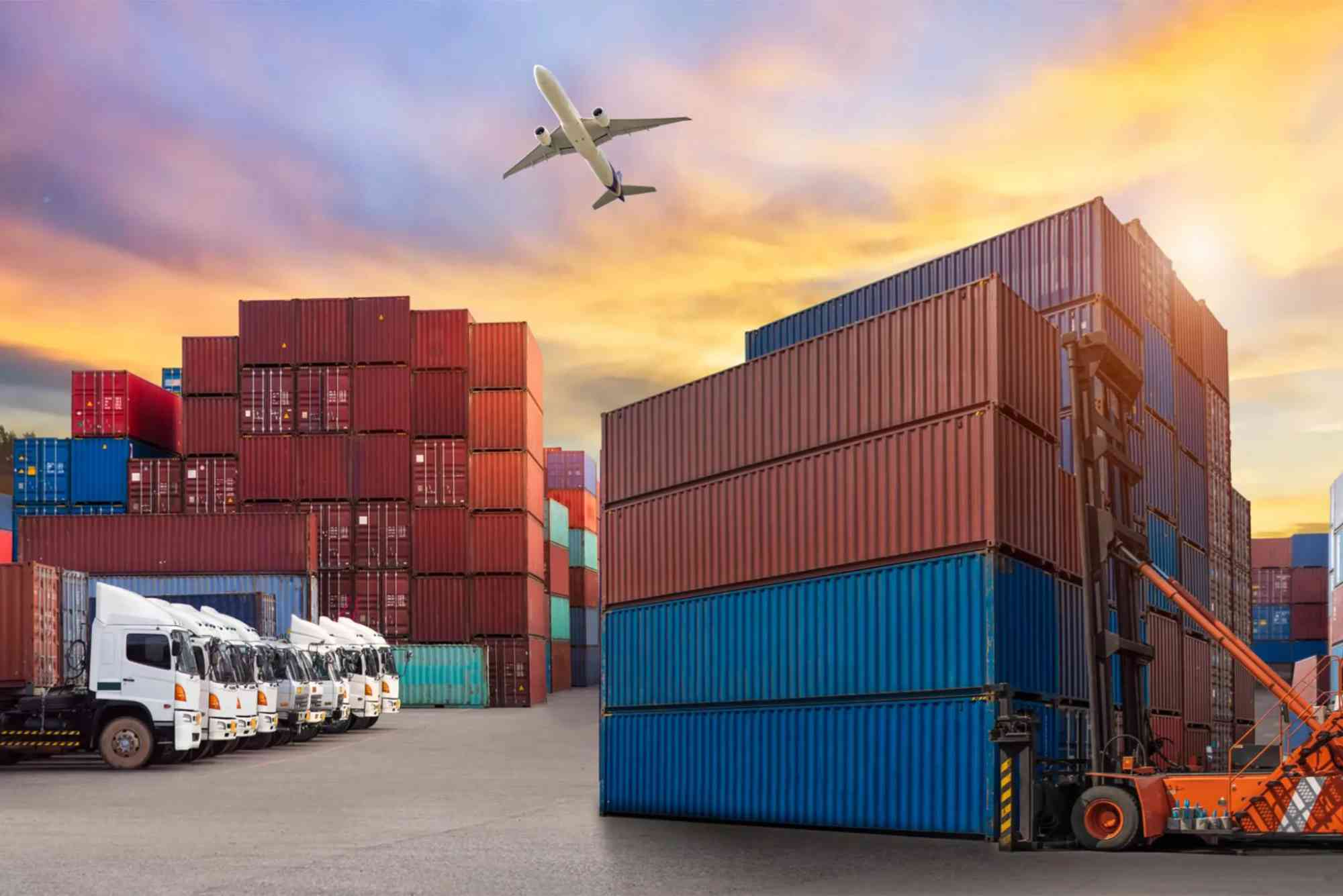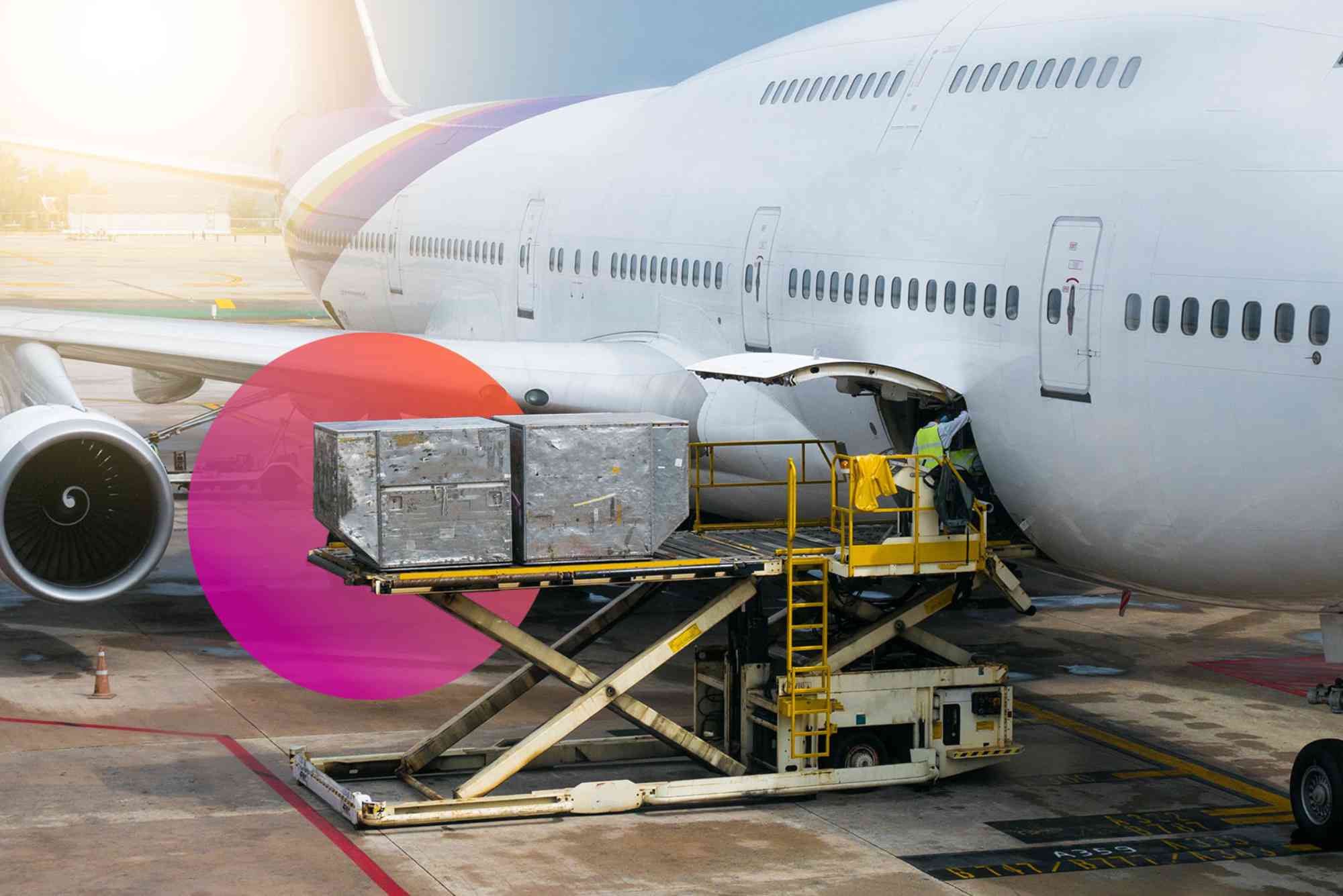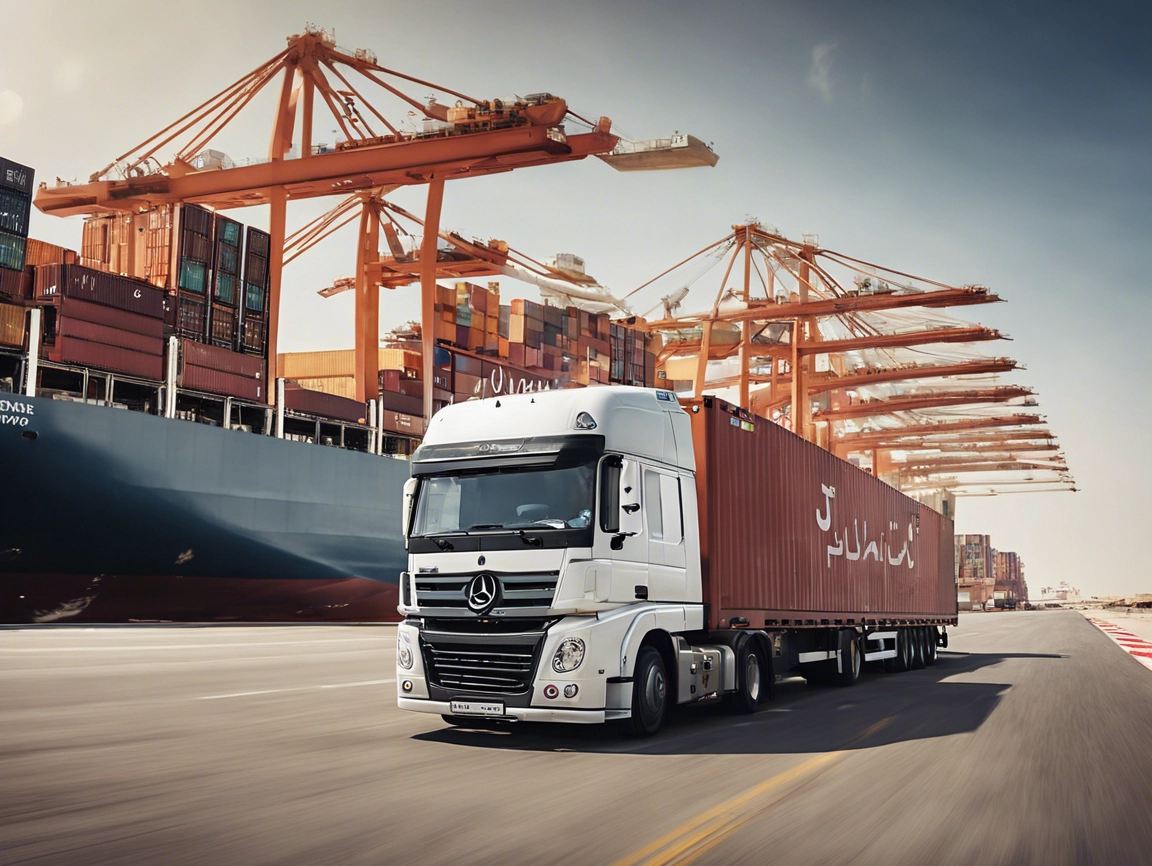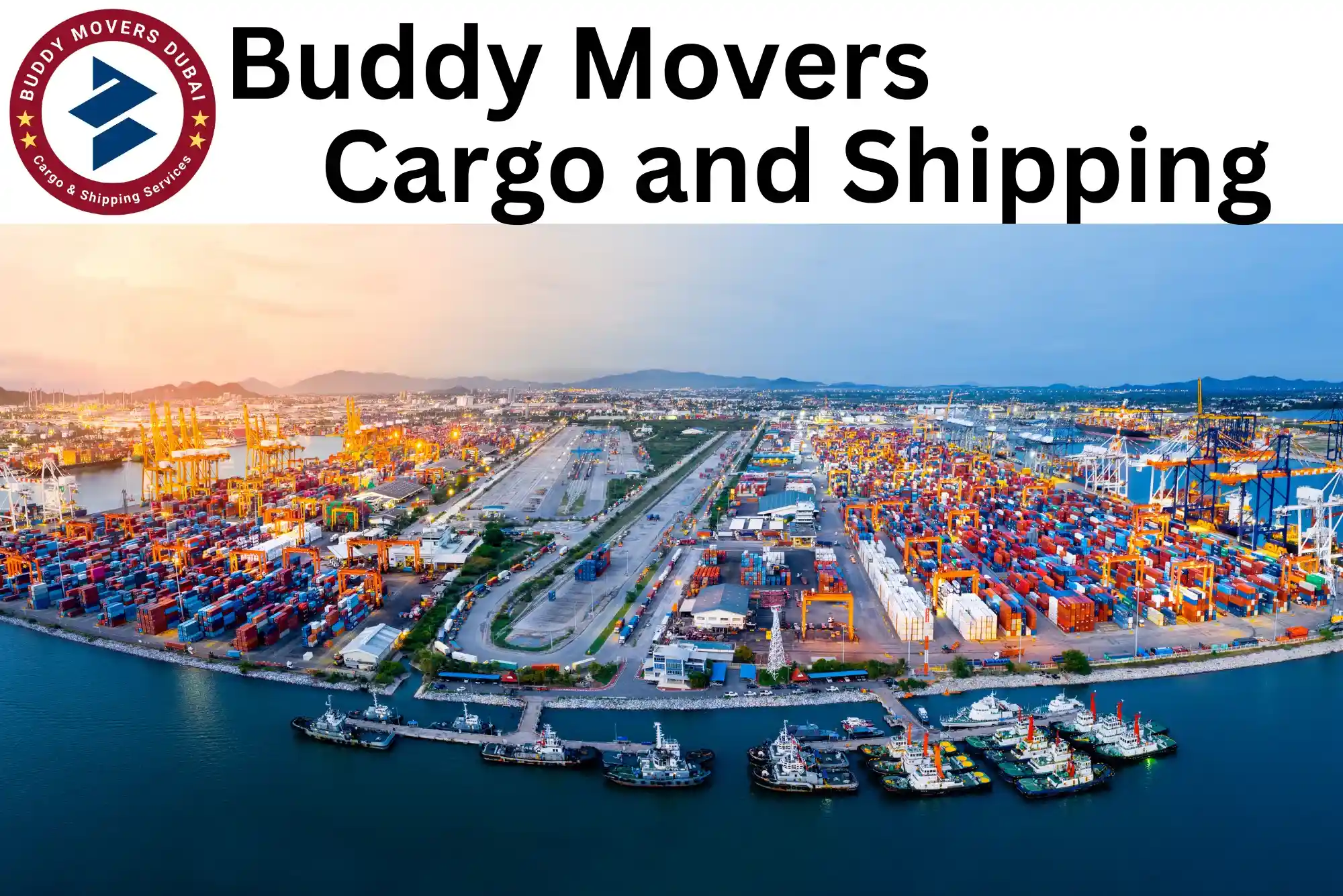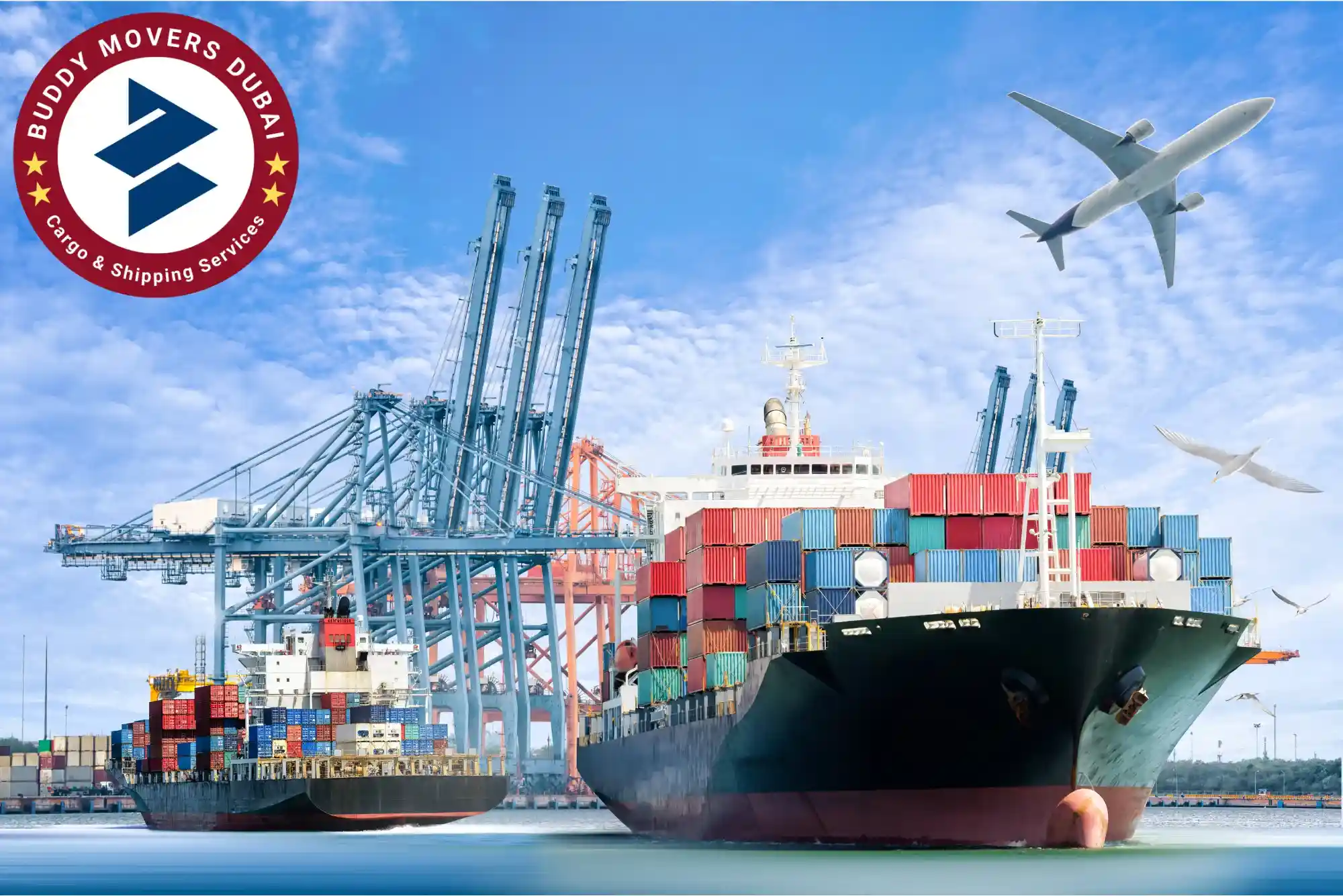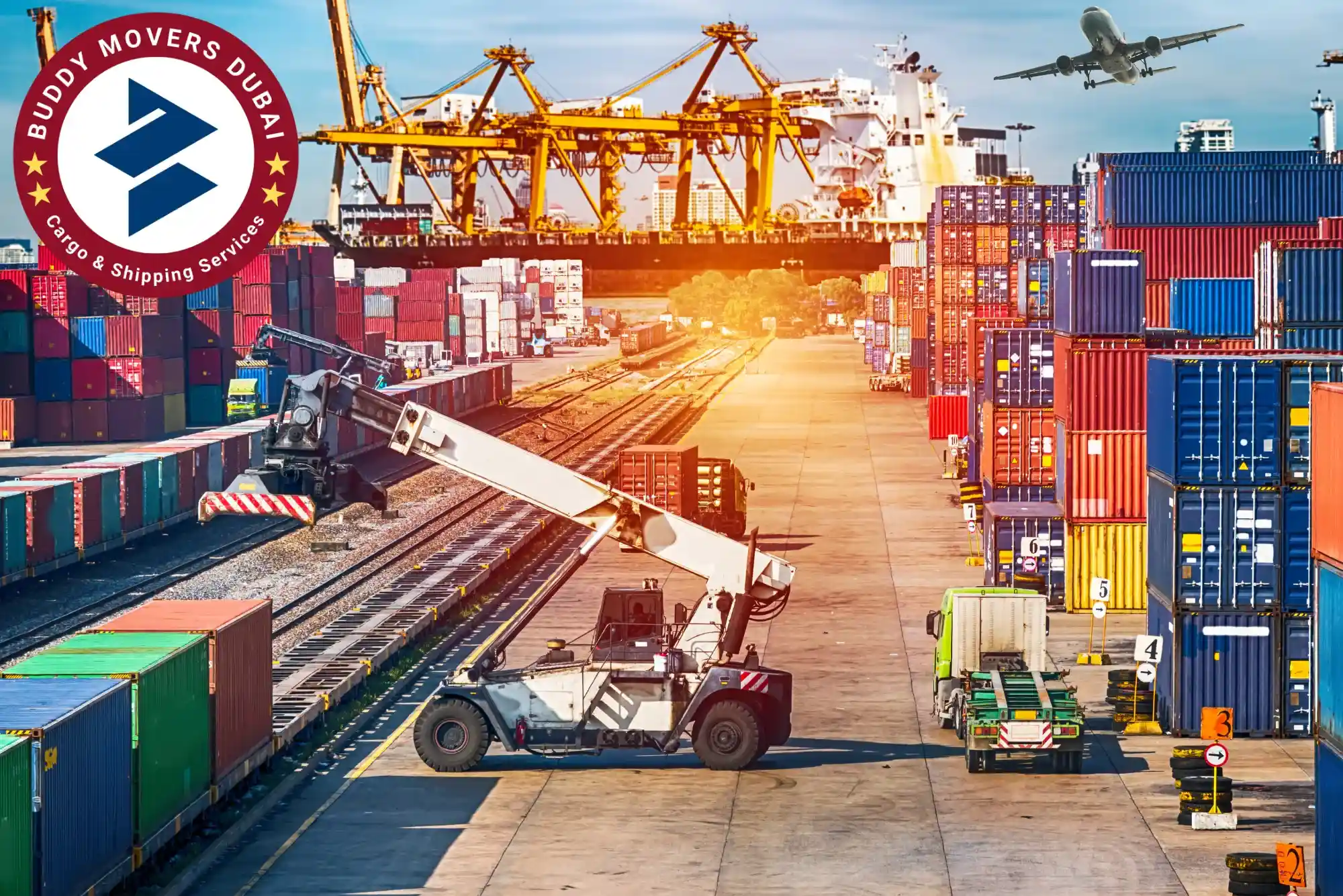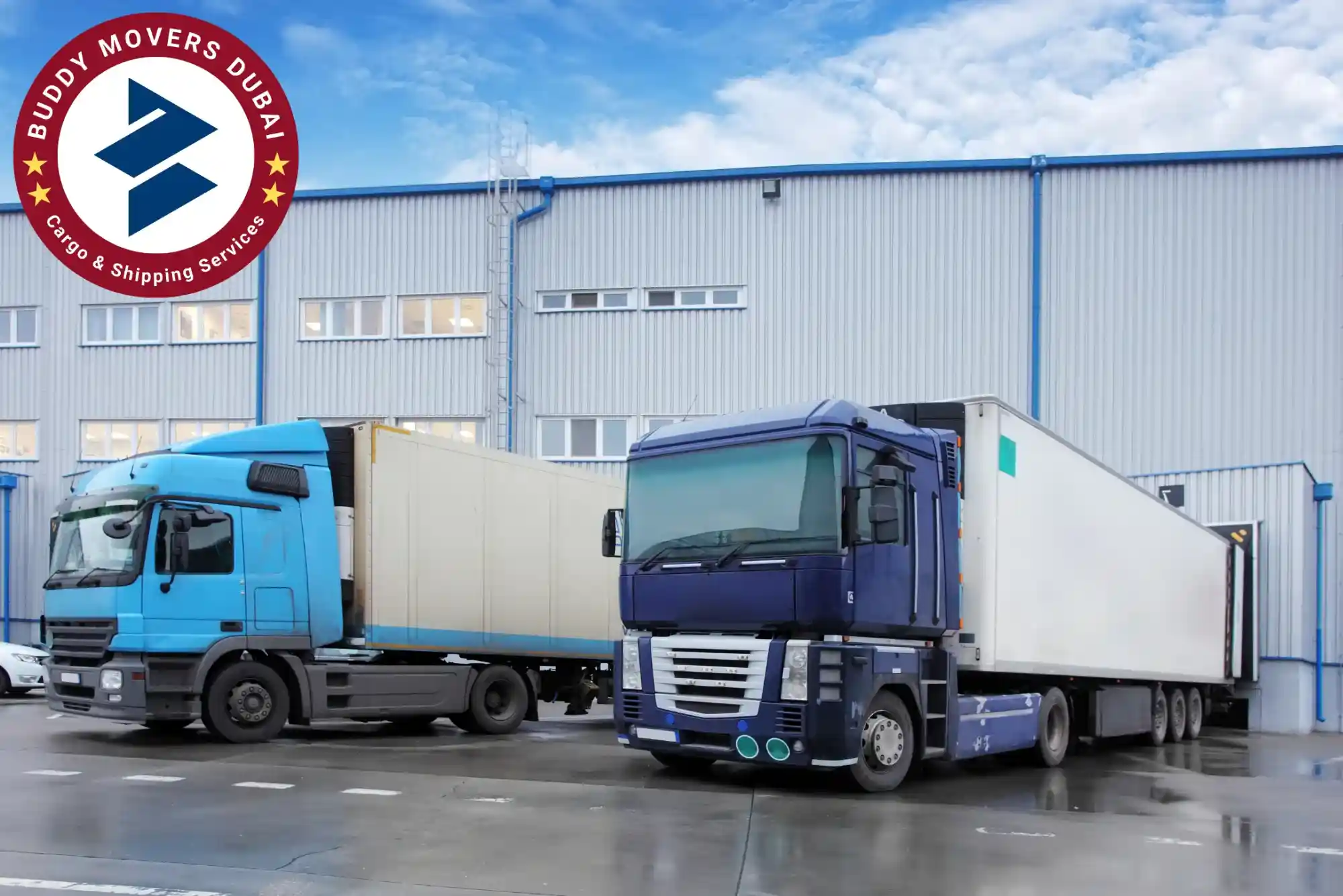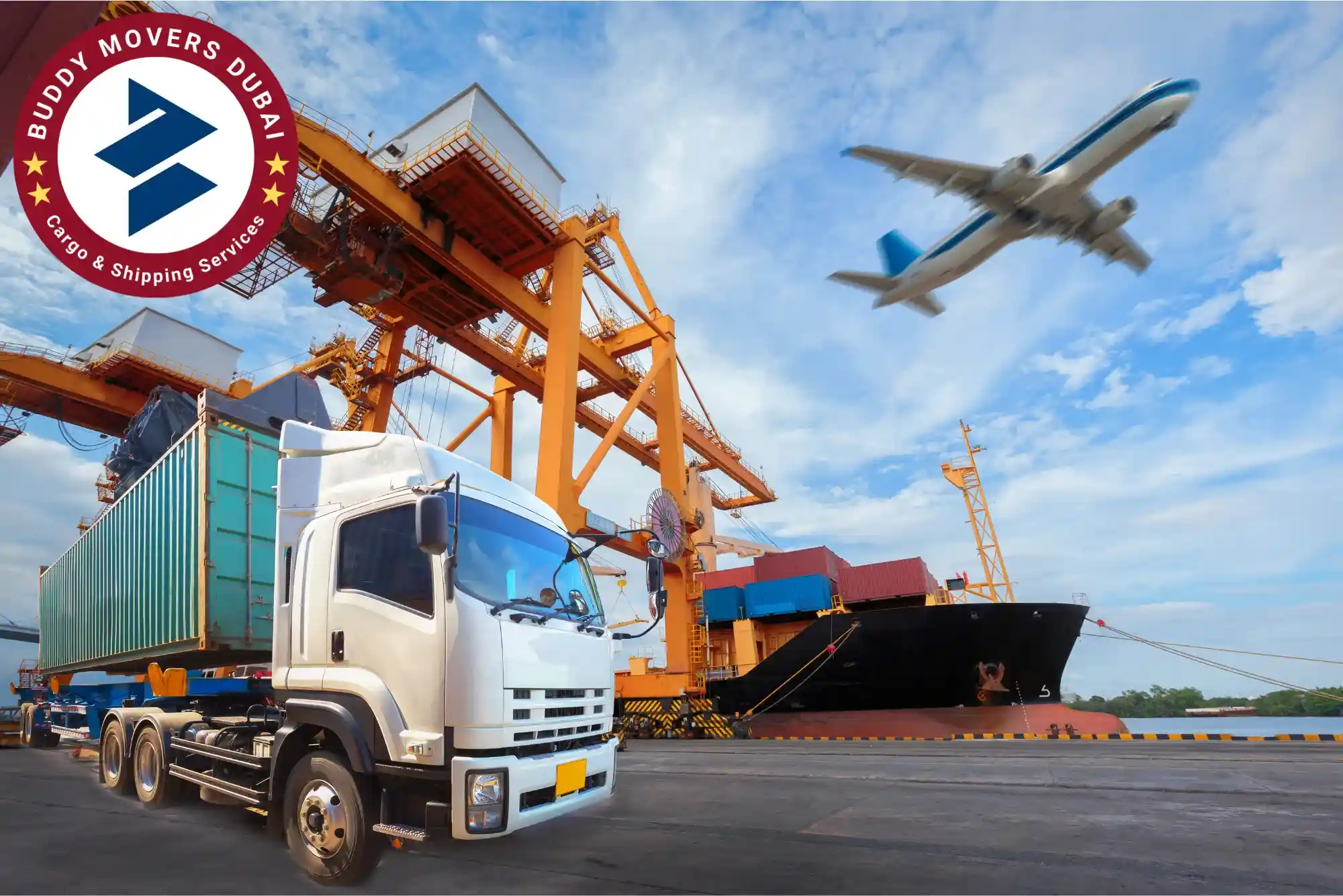Introduction
Logistics management plays a vital role in ensuring the smooth handling of cargo by coordinating transportation, warehousing, and supply chain processes. A well-managed logistics system minimizes delays, reduces costs, and enhances customer satisfaction by ensuring timely and accurate deliveries. Whether dealing with domestic or international freight, efficient logistics management is crucial for businesses to maintain a competitive edge.
Understanding Logistics Management in Cargo Handling
Logistics management involves the planning, execution, and control of the movement of goods. From procurement to delivery, every step in the supply chain depends on effective coordination. In cargo handling, logistics ensure that goods are stored properly, transported efficiently, and delivered on time without damage.
Key Components of Logistics in Cargo Handling
- Transportation Management – Selecting the best mode of transport, including air, sea, road, or rail, to optimize delivery speed and cost.
- Warehousing and Storage – Ensuring proper storage conditions to prevent damage and streamline order fulfillment.
- Inventory Control – Tracking stock levels to maintain efficiency and avoid overstocking or shortages.
- Supply Chain Coordination – Collaborating with suppliers, manufacturers, and distributors to maintain a smooth flow of goods.
- Customs and Compliance – Managing import/export regulations to avoid legal complications and delays.
How Logistics Management Ensures Smooth Cargo Handling
Effective logistics management streamlines cargo handling by implementing structured processes, using advanced technology, and adhering to industry standards. The following key strategies ensure seamless cargo transportation:
Route Optimization for Cost-Effective Delivery
Choosing the right transportation route significantly impacts the efficiency of cargo handling. By analyzing traffic patterns, customs clearance requirements, and fuel costs, logistics managers can optimize routes for quicker and cost-effective delivery.
Integration of Technology and Automation
Advanced logistics management relies on automation tools such as GPS tracking, warehouse management systems, and AI-driven forecasting. These technologies help monitor cargo movement, predict delays, and optimize storage space.
Real-Time Tracking and Communication
Cargo services in Dubai and other major trade hubs benefit from real-time tracking. Customers and businesses can monitor shipments at every stage, reducing uncertainties and improving overall service reliability.
Risk Mitigation and Contingency Planning
Unpredictable disruptions like weather changes, strikes, or geopolitical issues can impact cargo handling. Logistics managers develop contingency plans, including alternative routes and backup storage, to minimize such risks.
Compliance with International Shipping Regulations
Cargo handling requires strict adherence to global shipping laws and trade regulations. Ensuring proper documentation, customs declarations, and safety measures prevent shipment delays and legal penalties.
Step-by-Step Guide to Smooth Cargo Handling
Planning and Coordination
Before shipping cargo, logistics managers assess requirements such as transportation mode, packaging needs, and delivery timelines. Coordinating with suppliers and freight forwarders ensures seamless operations.
Efficient Packaging and Labeling
Proper packaging minimizes the risk of damage during transit. Using durable materials and labeling shipments correctly helps in easy identification and smooth customs clearance.
Selecting the Right Transport Mode
Depending on urgency and budget, logistics managers choose air, sea, road, or rail transport. Air freight is fastest, while sea freight is economical for large shipments.
Tracking and Monitoring Shipments
Using GPS tracking and IoT-enabled devices, businesses can monitor cargo movements in real-time. This enhances security and ensures timely deliveries.
Customs Clearance and Documentation
Handling customs paperwork correctly prevents delays. Logistics teams ensure all documents like invoices, permits, and bills of lading are in place for smooth international shipping.
Final Delivery and Customer Satisfaction
Once cargo arrives at its destination, last-mile delivery plays a crucial role in ensuring customer satisfaction. Efficient delivery networks help in prompt and damage-free shipment completion.
FAQs About Logistics Management in Cargo Handling
1. What is the main role of logistics in cargo handling?
Logistics management ensures that cargo is transported, stored, and delivered efficiently while minimizing delays and costs.
2. How does technology improve cargo logistics?
Technology like GPS tracking, AI forecasting, and warehouse management systems enhances accuracy, efficiency, and real-time monitoring of shipments.
3. What are the biggest challenges in cargo handling?
Common challenges include transportation delays, customs regulations, unpredictable weather conditions, and cargo damage.
4. How do companies ensure safe and secure cargo transportation?
By using advanced packaging, GPS tracking, and trained personnel, companies minimize risks associated with cargo loss or damage.
5. What are the best cargo services in Dubai?
For reliable shipping solutions, companies like Cargo Services Dubai offer top-notch logistics support.
6. Where is Buddy Movers Cargo and Shipping located?
You can find Buddy Movers Location on Google Maps for detailed directions.
Logistics management is the backbone of smooth cargo handling, ensuring timely and efficient transportation. By integrating modern technology, optimizing supply chain processes, and maintaining compliance with international regulations, businesses can enhance their cargo operations. For reliable and seamless logistics support, trust Buddy Movers Cargo and Shipping to handle your shipments professionally and efficiently.

